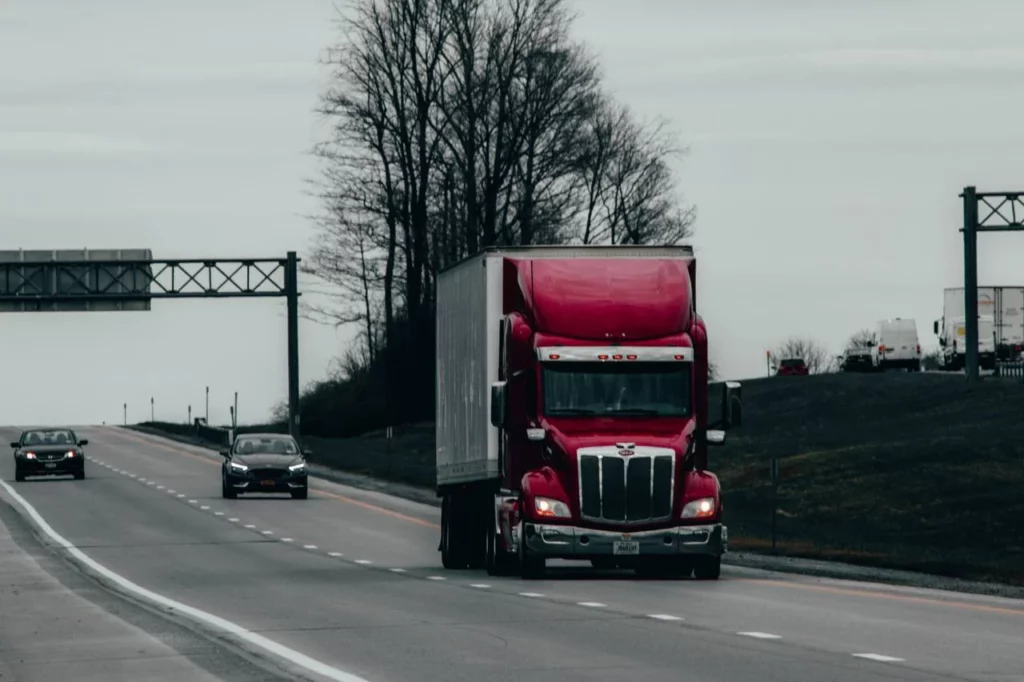Untangling the Complexities of Truck Accidents in Cape Coral: Variances, Root Causes, and Legal Hurdles

Truck accidents in Cape Coral present a distinct set of challenges compared to other types of motor vehicle collisions. From the sheer size and weight of commercial trucks to the intricate web of regulations governing the trucking industry, understanding the differences, identifying underlying causes, and navigating the legal complexities are essential for victims seeking recourse and justice.
One of the primary distinctions between truck accidents and typical car accidents lies in the magnitude of damage and injuries involved. Commercial trucks, including tractor-trailers, tanker trucks, and delivery vehicles, can weigh up to 80,000 pounds when fully loaded. As a result, collisions involving trucks often result in catastrophic injuries and extensive property damage due to the force of impact.
Several factors contribute to truck accidents, with some common causes recurring in collision reports. Driver fatigue, for instance, is a prevalent issue in the trucking industry. Long hours behind the wheel and tight delivery schedules can lead to driver exhaustion, impairing reaction times and decision-making abilities. Additionally, distracted driving, speeding, improper loading of cargo, mechanical failures, and inclement weather conditions are among the leading causes of truck accidents in Cape Coral.
Navigating the aftermath of a truck accident involves overcoming various legal challenges, particularly when pursuing compensation for injuries and damages. Unlike car accidents, where liability may rest solely with the at-fault driver, truck accidents often involve multiple parties, including the truck driver, trucking company, vehicle manufacturer, and maintenance contractors. Determining liability requires a thorough investigation to identify all contributing factors and responsible parties.
Moreover, the trucking industry is subject to stringent regulations established by the Federal Motor Carrier Safety Administration (FMCSA) to ensure safety on the roads. These regulations govern various aspects of trucking operations, such as driver qualifications, hours of service, vehicle maintenance, and cargo securement. Violations of these regulations can significantly impact liability in truck accident cases, highlighting the importance of conducting a comprehensive examination of all relevant factors.
In addition to regulatory compliance, gathering evidence and documentation is crucial for building a strong legal case in truck accident claims. This may include obtaining the truck driver’s logbooks, maintenance records, electronic logging device (ELD) data, witness statements, accident reconstruction reports, and surveillance footage. Working with a skilled personal injury attorney who specializes in truck accident cases can help victims navigate the legal process and secure the evidence needed to support their claims.
When pursuing compensation for injuries and damages resulting from a truck accident, victims may encounter resistance from insurance companies representing the trucking company and other liable parties. Insurance adjusters often employ tactics to minimize payouts or shift blame onto the victim, underscoring the importance of having legal representation to advocate for your rights and negotiate fair settlements.
Conclusion
Understanding the nuances of truck accidents in Cape Coral, including their differences, root causes, and legal challenges, is essential for victims seeking justice and compensation. By recognizing the complexities involved and enlisting the support of experienced legal professionals, victims can effectively navigate the aftermath of a truck accident and pursue the restitution they deserve. Remember, asserting your rights and holding negligent parties accountable is crucial in promoting safety and accountability within the trucking industry.

 Call Us Today - It's Free
Call Us Today - It's Free